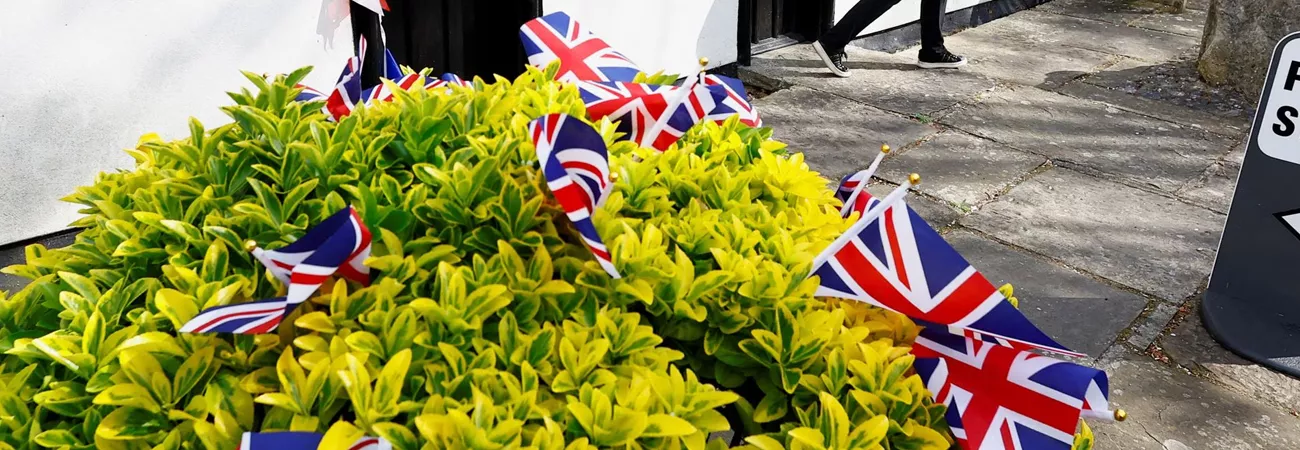i NEWS INTERNATIONAL
More than 13,000 people were denied a vote in English local elections this month because of the government's new identification law, with those in poorer areas most impacted, according to a survey of local authorities. Voters in England were legally required to produce photo ID for the first time at the May 4 elections, with the government saying it was essential to combat election fraud. But the overhaul was criticised by many opposition politicians and campaigners who said it was intended to suppress turnout and was disproportionate to the historically low levels of in-person electoral fraud in Britain.
Furthermore, Jacob Rees-Mogg – a government minister when the law was passed – said last week that the move had affected elderly voters who traditionally voted for the governing Conservative Party, indicating that it had also hoped for a different outcome. "Parties that try and gerrymander end up finding their clever scheme comes back to bite them, as dare I say we found by insisting on voter ID for elections," he told the National Conservatism conference.
Reuters collected data from 202 of the 230 authorities in England that held elections, in which the governing Conservative Party suffered heavy losses. The remaining 28 were either still compiling the figures or did not respond to Reuters' request. Out of the top 20 councils that turned away voters, 15 were among the most deprived areas in England as measured by the government's deprivation index, the survey found. Clive Betts, an opposition Labour Party politician and chair of a parliamentary committee which will look at the new rules, said they were "undermining and undervaluing our democracy."
Credit: Independent News Pakistan-INP









